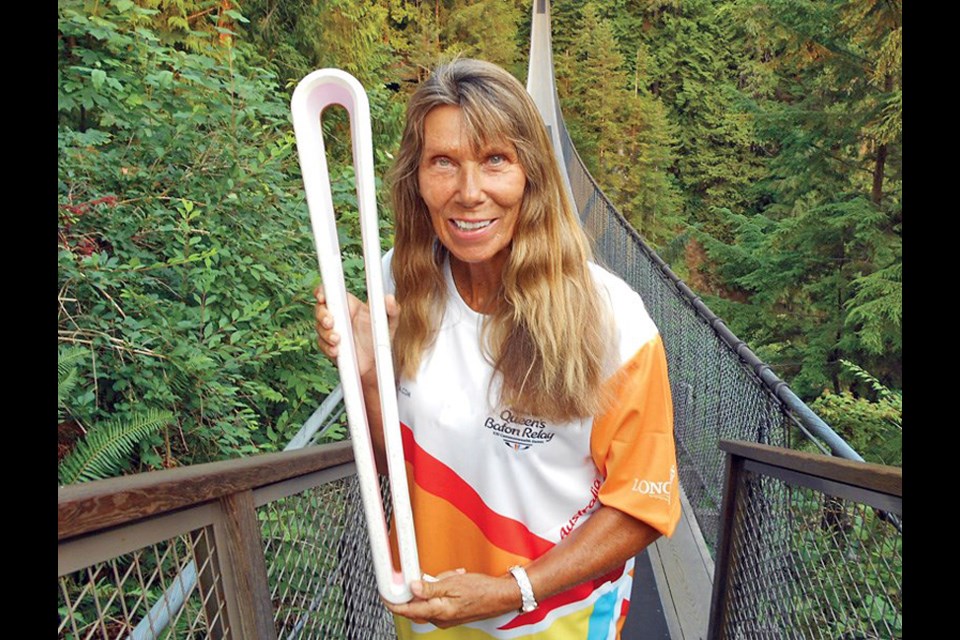Elaine Tanner, who grew up and trained in West Vancouver, says that athletes can use the extra time afforded by the cancellation of the Summer Games last year due to the pandemic to “refocus and use the time for extra training.”
But even more importantly, Tanner reminds athletes of all stripes, skill sets and ages that the sport they play is not their whole identity – an issue many athletes may be grappling with as they weigh the uncertainty and challenges posed by trying to compete during a pandemic.
“I think this is really, really important and it’s a lesson that I learned – that you are far more than a swimmer, or a track star, or an athlete,” said Tanner, reached at home in Ontario. She divides her time these days between Niagara-on-the-Lake and Vancouver Island.
The toll that athletic competition can take on a young mind is a topic that Tanner, who turns 70 next week, knows well.
A generation of Canadians who were around during the 1960s may know Tanner better as Mighty Mouse, a nickname that embodied her small stature in contrast to the strong, mighty strokes which made her such a once-in-a-generation talent in the pool.
She took home a staggering seven medals at the 1966 Commonwealth Games, and earned three medals for Canada in the 1968 Olympic Games in Mexico City. At the time, she was the first Canadian female swimmer to medal in the Olympics. Many of Mighty Mouse’s records still remain unbroken.
But among the two silvers and a bronze that Tanner brought home in ’68, there wasn’t the gold medal the nation so deeply sought – and the athlete saw as her duty to bring home. She was 17 at the time.
“Even though I came back with three of the five medals … as soon as I finished my race the media came up to me and said, ‘Why did you lose? Why did you lose?’ It was all negative, and they didn’t understand what they were doing to me,” Tanner told the North Shore News in 2017.
When Tanner didn’t deliver gold, she paid the price for it with her mental health, she said.
After she retired from swimming, she experienced severe post-traumatic stress disorder, career decline and emotional distress because of her perceived athletic deficiencies. Because she was made to feel like she wasn’t a winning swimmer, her self-worth suffered, which through the decades manifested itself at times through eating disorders, anxiety attacks, and a transient lifestyle.
Of course, Mighty Mouse is in a much better place now and has been for a long time.
For years now, Tanner has been a mental health advocate, especially when it comes to sports and sports psychology, and is involved in a number of charitable endeavours. Among those is the publication of a children’s book, Monkey Guy and the Cosmic Fairy, in honour of her grandchildren. She has donated thousands of copies of the book to first-responders, health-care heroes and other organizations over the past year.
“Sport is not their whole identity,” said Tanner, about athletes and Olympic hopefuls alike. “That is a chapter in life, but keep in mind the importance of the whole picture. Build your character, build yourself around other composites of who you are. Don’t just focus on that one part of being an athlete. It’s great to focus on the race and the performance, but remember you’re far more than that performance and that Olympics.”
The Tokyo Games were to take place this past July but the International Olympic Committee postponed them for a year due to COVID-19 concerns.
Although the pandemic is still surging worldwide, Japanese authorities and the IOC earlier this month reaffirmed their commitment to making sure the Games go ahead this summer. They’re set to open July 23.



